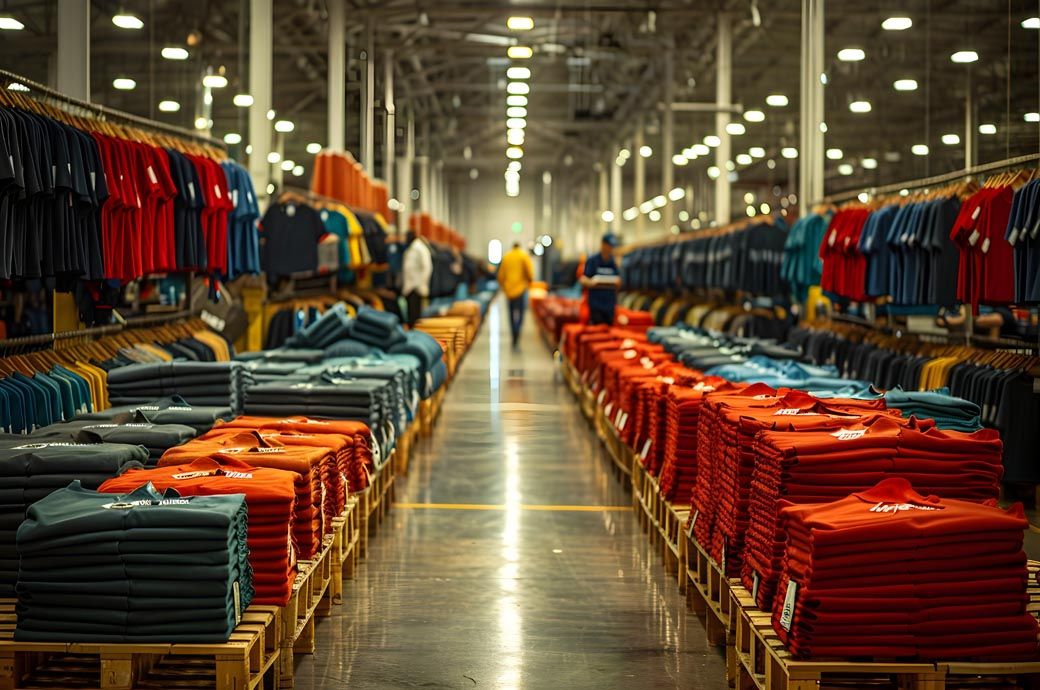
Compared with July 2023, industrial production in July 2024 saw more significant declines. The euro area recorded a 2.2 per cent decrease, while the EU experienced a 1.7 per cent decline. The drop was driven by lower output across several key sectors.
In the euro area, production of intermediate goods fell by 1.3 per cent in July 2024 compared to June 2024. The production of durable consumer goods plummeted by 2.8 per cent. However, there were some positive trends, with energy production increasing by 0.3 per cent and non-durable consumer goods rising by 1.8 per cent, as per Eurostat.
In the EU, the trends were similar, with a 1.3 per cent drop in intermediate goods. Durable consumer goods also decreased by 2.2 per cent. Energy production in the EU grew by 0.4 per cent, while non-durable consumer goods rose by 2.1 per cent.
The largest monthly declines in industrial production were observed in Malta, which saw a sharp fall of 5.5 per cent, followed by Estonia with a 4.8 per cent decrease, and Romania, which recorded a 3.4 per cent drop. Conversely, several countries saw significant increases, with Ireland leading the way with a 9.2 per cent rise, followed by Croatia at 8.0 per cent and Belgium at 7.3 per cent.
On a year-on-year basis, the euro area saw industrial production of intermediate goods drop by 2.9 per cent in July 2024 compared with July 2023. Durable consumer goods output fell by 4.4 per cent. However, energy production increased by 1.7 per cent, and non-durable consumer goods saw a 2.2 per cent rise.
In the EU, the annual comparison showed similar patterns, with intermediate goods production down by 2.7 per cent and durable consumer goods decreasing by 3.5 per cent. Energy production rose by 2.3 per cent, and non-durable consumer goods increased by 3.9 per cent.
The largest annual declines were recorded in Hungary, with a decrease of 6.4 per cent, followed by Estonia with a 5.8 per cent drop, and Germany with a decline of 5.5 per cent. On the other hand, Denmark saw the most significant annual increase in industrial production, rising by 19.8 per cent, followed by Greece at 10.8 per cent and Finland at 6.4 per cent.
Fibre2Fashion News Desk (DP)